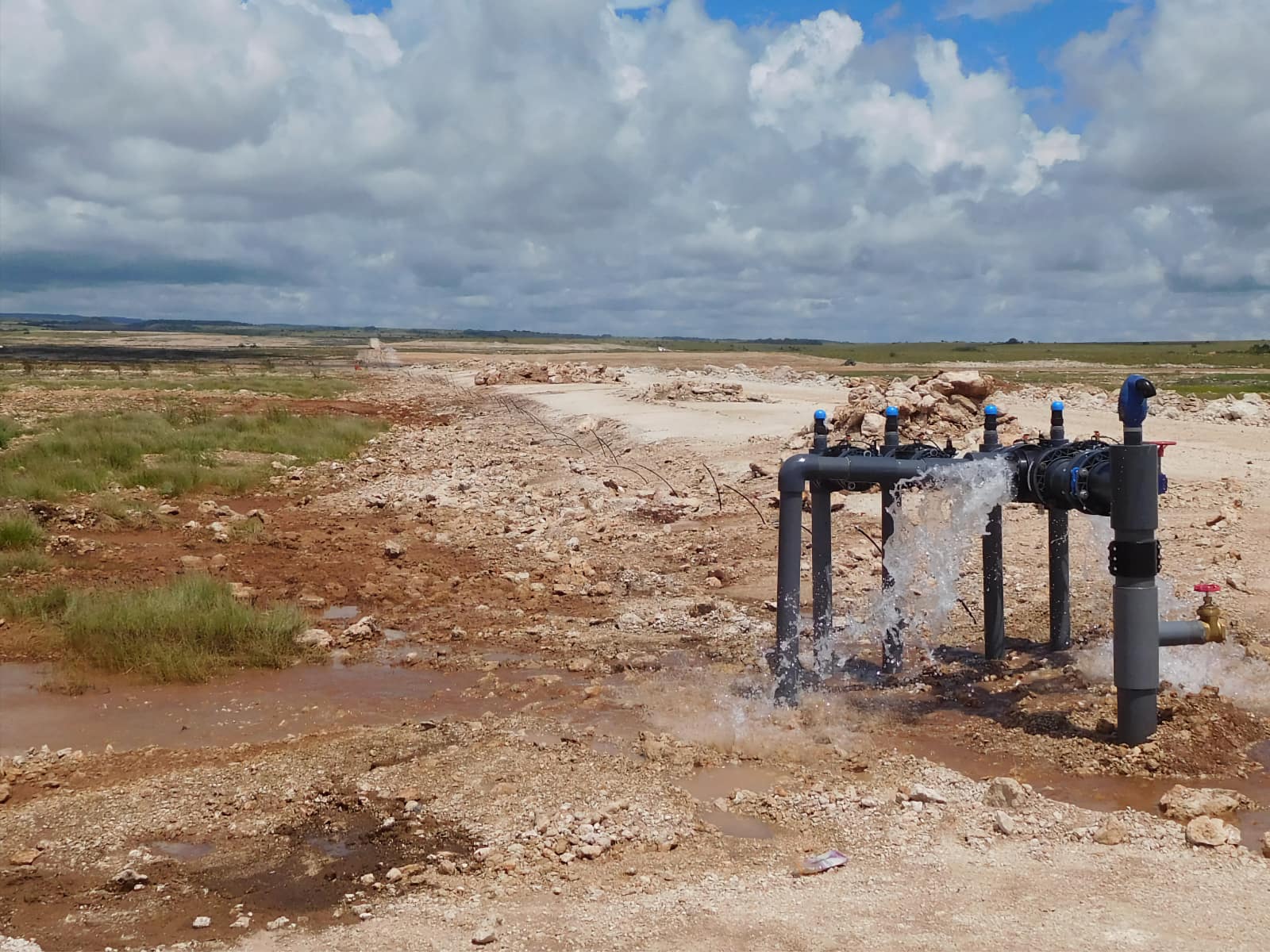

Downloads
DOI:
https://doi.org/10.58981/bluepapers.2022.2.01Published
Issue
Section
License
Copyright (c) 2022 Blue Papers

This work is licensed under a Creative Commons Attribution 4.0 International License.
How to Cite
Abstract
There are important legal dimensions to the relationship between water and heritage. This paper reports on the challenges Indonesia is facing concerning water management. Age-old customary water governance systems exist in parts of the country and continue to influence local decisionmaking and water use practices. However, such heritage institutions can no longer safeguard local community water rights nor protect the environment. Since the 1990s, business power has been gradually overstepping customary socio-legal arrangements with negative effects on both the local population and water supply. Policy recommendations issued by the World Bank in 2004 supported opening paths to privatization. At present, national legislation and corporate interests have taken control of water management. Simultaneously, water heritage sites have been transformed into tourist attractions. Also, plantation companies promote land heritage issues when that serves their divide-and-rule strategies and turns public attention away from their water grabbing. A change in state legislation is needed that prioritizes the public instead of capitalist business interests regarding water supply and preservation. The lessons from heritage systems are very relevant to bringing about that change.
References
Benge, Lucy, and Andreas Neef. 2018. “Tourism in Bali at the Interface of Resource Conflicts, Water Crisis and Security Threats,” in The Tourism–Disaster–Conflict Nexus (Community, Environment and Disaster Risk Management), edited by Andreas Neef and Jesse H. Grayman, 19: 33–52. Bingley: Emerald Publishing Limited. https://doi.org/10.1108/S2040726220180000019002.
Cole, Stroma. 2012. “A Political Ecology of Water Equity and Tourism: A Case Study from Bali.” Annals of Tourism Research 39, no. 2: 1221–41. https://doi.org/10.1016/j.annals.2012.01.003.
D’Hondt, Laure Y. 2019. ‘‘Addressing Industrial Pollu- tion in Indonesia: The Nexus Between Regulation and Redress Seeking’’. PhD dissertation, Leiden University.
Fontein, Joost. 2008. “The Power of Water: Land- scape, Water and the State in Southern and Eastern Africa: An Introduction.” Journal of Southern African Studies 34, no. 4: 737–56.
Lansing, J. Stephen. 2009. Priests and Programmers: Technologies of Power in the Engineered Landscape of Bali. Princeton: Princeton University Press.
Ley, Lukas. 2018. “On the Margins of the Hydrosocial: Quasi-Events Along a Stagnant River.” Geoforum 131: 234–42.
Li, Tanya Murray, and Pujo Semedi. 2021. Plantation Life: Corporate Occupation in Indonesia’s Oil Palm Zone. Durham, NC: Duke University Press.
Lund, Christian. 2021. Nine-Tenths of the Law: Endur- ing Dispossession in Indonesia. New Haven, CT: Yale University Press.
Mosse, David. 2008. “Epilogue: The Cultural Politics of Water – A Comparative Perspective.” Journal of Southern African Studies 34, no. 4: 939–48.
Roth, Dik. 2014. “Environmental Sustainability and Legal Plurality in Irrigation: The Balinese Subak.” Current Opinion in Environmental Sustainability 11: 1–9.
UNESCO n.d. Cultural Landscape of Bali Province: the Subak System as a Manifestation of the Tri Hita
Karana Philosophy. Accessed 1 March 2023. https://whc.unesco.org/en/list/1194/#:~:text=The%20subak%20reflects%20the%20philosophical,shaped%20the%20landscape%20of%20Bali.
USAID/Sustainable Water Partnership (SWP). 2021. Indonesia Water Resources Profile. https://www.globalwaters.org/resources/assets/indonesia-water-resources-profile.
Vel, Jacqueline. 1994. ‘‘The Uma-Economy: Indigenous Economics and Development Work in Lawonda, Sumba (Eastern - Indonesia)’’. PhD dissertation, Wageningen University and Research.
Vel, Jacqueline, and Stepanus Makambombu. 2019. “Strategic Framing of Adat in Land-Acquisition Politics in East Sumba.” Asia Pacific Journal of Anthropology 20, no. 5: 435–52.


